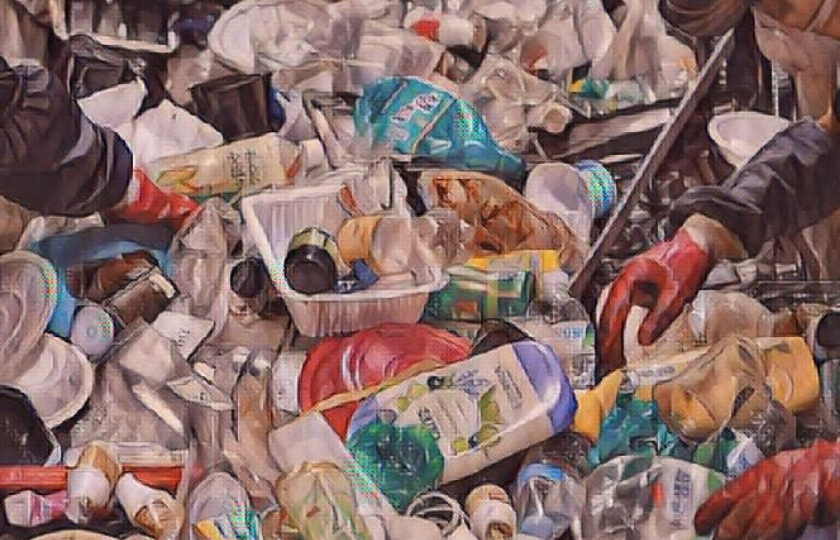In pursuit of diversifying its business towards eco-friendlier energy production and reducing plastic waste, Hyundai Engineering, a division of Hyundai Motor, has launched a venture to turn South Korea’s plastic waste into clean hydrogen fuel.
According to the Korean Ministry of Environment, some 8.53 million tons of plastic waste was collected each day last year, by 14.6 per cent from 7.44 million tons daily in 2020.
The company will build the hydrogen production plant in Dangjin, where it has the capacity to convert 100,000 tons of plastic waste per year into 22,000 tons of high-purity clean hydrogen products.
To produce the clean hydrogen fuel, the plant will collect and use the carbon dioxide generated from plastic pyrolysis and gasification currently being tested at Hyundai Steel’s Incheon plant.
Pyrolysis is the process of decomposition of organic matter using high temperature in the absence of oxygen, while gasification is a process that converts biomass- or fossil-fuel-based carbonaceous materials into gases, including the largest components: nitrogen, carbon monoxide, hydrogen, and carbon dioxide.
The hydrogen fuel generated from plastic will then be used as raw material for hydroelectric vehicles, cell power plants and help generate electricity.
The plant is expected to break ground first half of next year, with full-scale production expected to begin in 2024. The project has an estimated cost of US$335 million.



